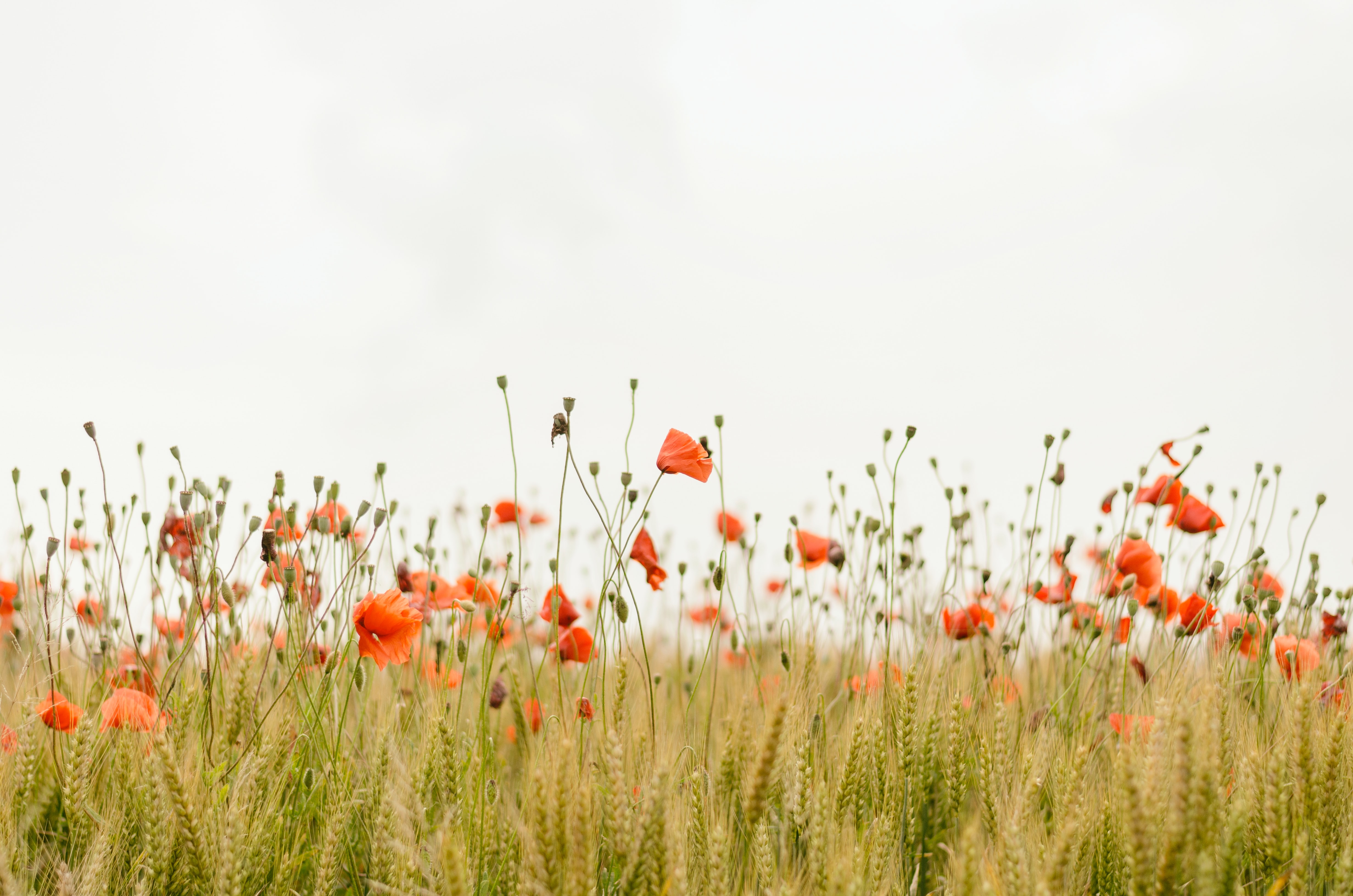This week is Mental Health Awareness Week. Different mental health organisations and charities are promoting different themes for this year.
Mental Health UK are encouraging people to engage with the 5 Ways to Wellbeing. The University’s daily communications this week are rooted in this campaign.
MIND chooses to focus on the fight for mental health. This campaign needs to be seen against the background of the pandemic when there has been a considerable rise in mental health problems across all sectors of the community. Simultaneously, the NHS has even less funds for the provision of mental health treatment.
CALM is a suicide prevention charity whose primary focus is male mental health. They have chosen a theme of ACTION and their message is ‘use this week to make that, er, resolution to be a little nicer to yourself, focus on your mental health and build on what you learnt from the hellfire that was 2020.’
In this blog, I will focus on the Mental Health Foundation’s theme for this week: Nature. It emphasises the positive mental health effects that can be gained by interacting with nature. I always think that interacting with nature sounds quite a profound matter. In reality, it is simple. It means looking through your window, whatever you are doing, in the course of your day. It means appreciating whatever you see, hear, or smell out there, taking time to reflect on this. It is good to appreciate the beauty of a sunny day, feeling of the warmth of the sun or a breeze on the skin. It is good to enjoy the colours of the trees and flowers, sky or water. It is good to focus on bird song or the simple tweeting or cooing of whichever birds you can hear.
Numerous research projects have shown the emotional and physical benefits to be gained from just being outdoors. It doesn’t have to be profound; it can be a walk to the beach for a paddle, but it enhances our wellbeing. If you want to try something more in depth, consider forest bathing. There is even a form of therapy structured round the experience of the outdoors: ecotherapy. It involves working with others outside, collaborating on a shared activity and is proven to bring both mental and physical health benefits to participants.
Dr Radha Modgil, wellbeing expert, makes some fundamental observations about nature in her article for the i newspaper. Nature is constant and can be relied on, however it changes according to its own rhythms and at its own regular pace; it only gets involved with what is important and it is everywhere. Dr Modgil reminds us that we are part of it. When we actively connect to nature, it has a positive effect on our mood. We can choose to have a mindful relationship with nature and use it as an anchor in our lives, one which supports our mental health and wellbeing.
I you live in an urban setting and don’t have the opportunity to access nature in the course of your day, try the links below. These will give you access to the sounds and views of nature. You will find many similar on the internet, which you can access freely.
Nature Sounds @ elements.envato.com

